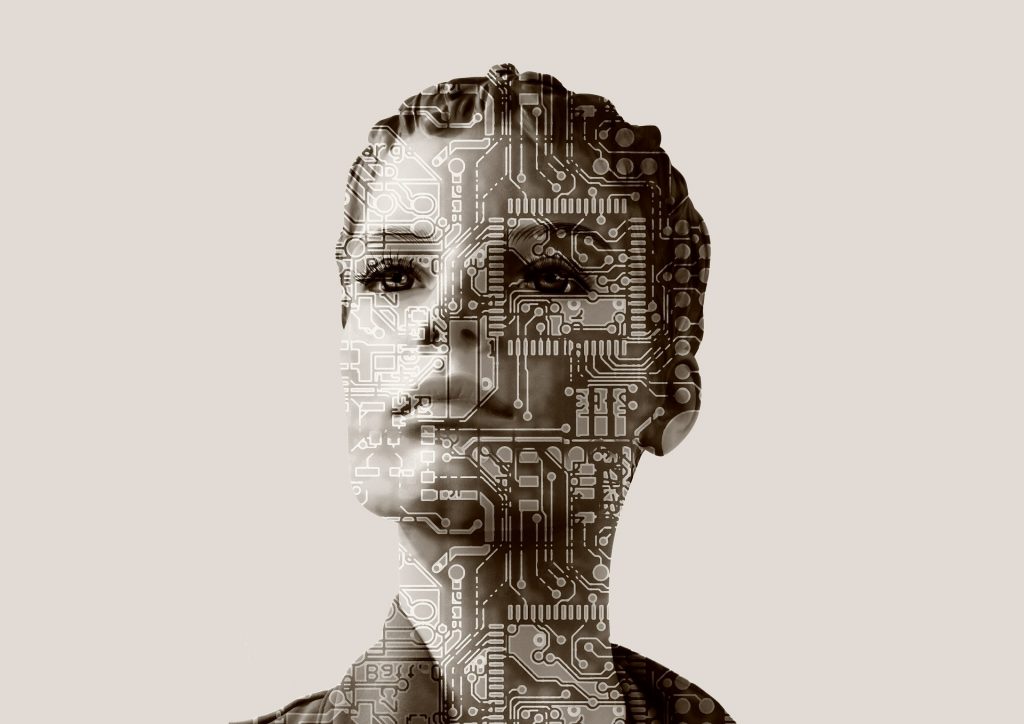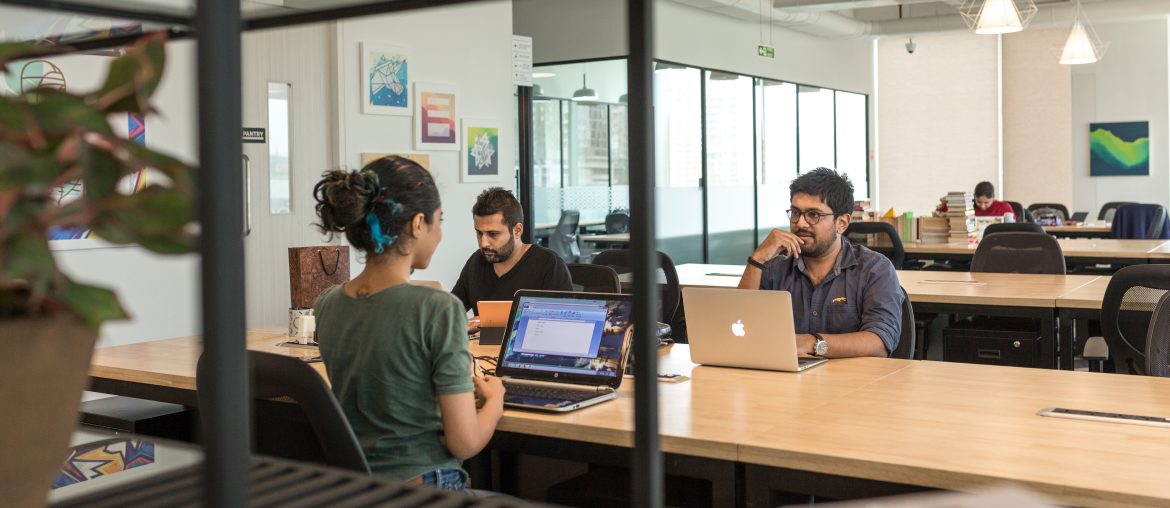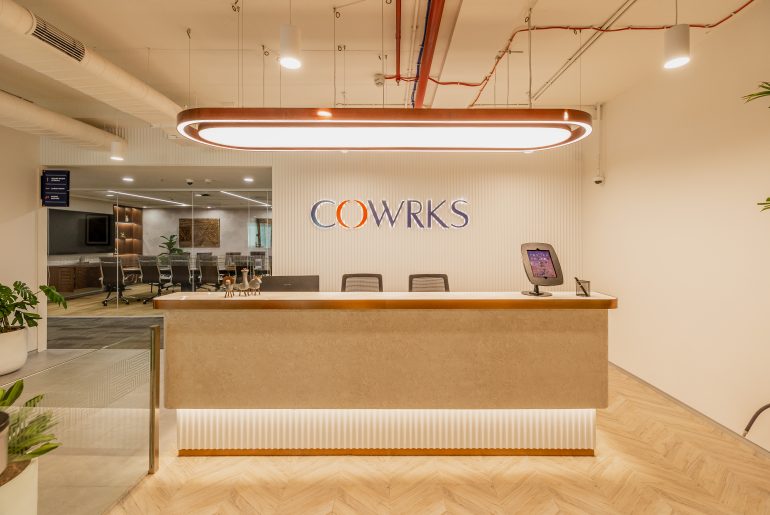Behavioral economics is the study of how psychological, social, emotional, and cognitive factors affect the economic decision making skills of individuals and institutions. It also involves studying the consequence and impact of different kinds of behaviour on market prices, returns, and resource allocation.
Daniel Kahneman, a Nobel laureate and the living, breathing touchstone of modern behavioral economics, believes that businesses are not putting in enough thought into figuring out how to make the act of decision making “commensurate with the complexity and importance of the stakes.”
While speaking to the Wharton People Analytics Conference, Kahneman disapprovingly proclaimed how he was not at all impressed by the quality of decision-making in organisations “that need to make profits to survive in a competitive world.” In very simple terms, he stated, “I have not been awed,” when asked about his experiences as a consultant to different businesses.
But when it comes to businesses and organisations, making decisions about money isn’t the same as deciding whether you should empty your wallet on a limited edition Versace cuff-link.
So how does Daniel Kahneman think businesses should be making decisions? Let’s take a look.

People – The Primary Issue
If two business ‘experts’ were given the same problem and asked to evaluate it, how vastly different do you think their responses would be?
5%?
10%?
Kahneman says that “the answer is between 40% to 60%. It’s different from what everybody expects.” He adds, “We’re fundamentally over-confident in the sense that we jump to conclusions — and to complete, coherent stories — to create interpretations. So we misunderstand situations, spontaneously and automatically. And that’s very difficult to control.”
According to most behavioral economists, human beings are highly susceptible to overconfidence, limited attention, cognitive biases, and a host of other human factors that are the main reasons behind making errors in judgement.
With businesses, Kahneman noted that the issue usually creeps up in systems where only one person, or a handful of people are involved in making crucial financial and growth-related decisions. However, he also argues that leaving decision making in the hands of a group of people is a dangerous practice Why?
According to Kahneman, social psychology tells us that whenever a group of people try to tackle business problem together, there are “huge conformity pressures.” This ends up with all the people involved entering a state of denial when it comes to understanding exactly how many things they disagree upon.
So since we now know that the minds of people aren’t exactly the best tools to utilise while making decisions, what can businesses then make use of?

Algorithms; The Easiest Solution
It’s quite obvious that when it comes to making decisions, algorithms are far more competent than people. Contrary to popular belief, algorithms can be put to use without having to utilise large amounts of data. To elucidate this statement, Kahneman gives a simple example of evaluating the financial stability of a firm before you offer them a loan.
Instead of building a complicated statistical algorithm, all your business has to do is look at the problem from five to six different dimensions. Sit down with a committee of people who have actionable knowledge about the situation and look at each dimension carefully. According to Kahneman, this is enough to do make a decision as effective, or even better, than relying on the evaluation of one or two experts.
Most leaders are apprehensive when it is suggested that they should use algorithms to guide their experts’ decisions. “When you tell team leaders that there is 50% variability when they expected 5% or 10%, then they’re willing to take an algorithm.”, says Kahneman.

Are People Passé?
Since algorithms are already being used to perform tasks that previously required accountants, consultants, and managers, will AI eventually replace these people completely?
According to Kahneman, the primary concern with the emergence of such algorithms is the fact that AI is moving beyond just helping us perform tasks. This could almost be considered a direct threat to the current power structure. Mainly because, as Kahneman says,
Once you have decision analysis, anybody can outguess the leader.







